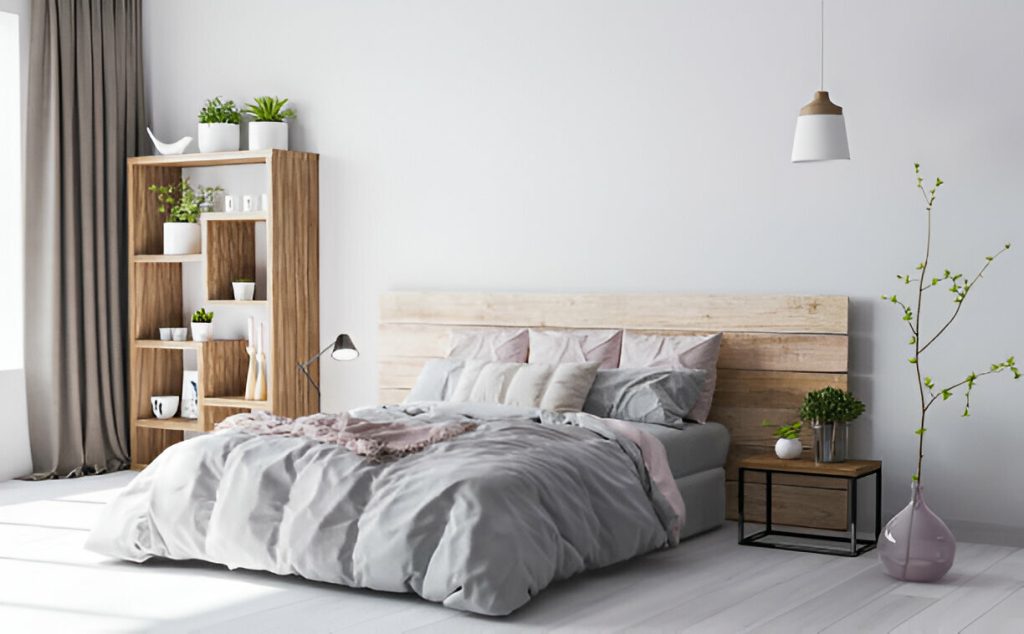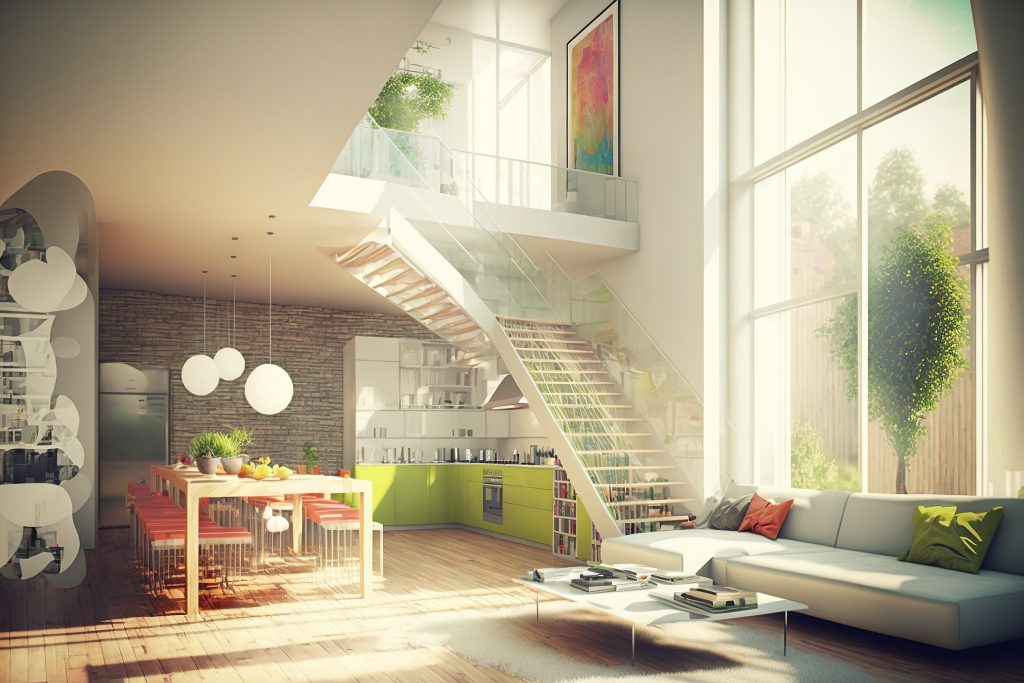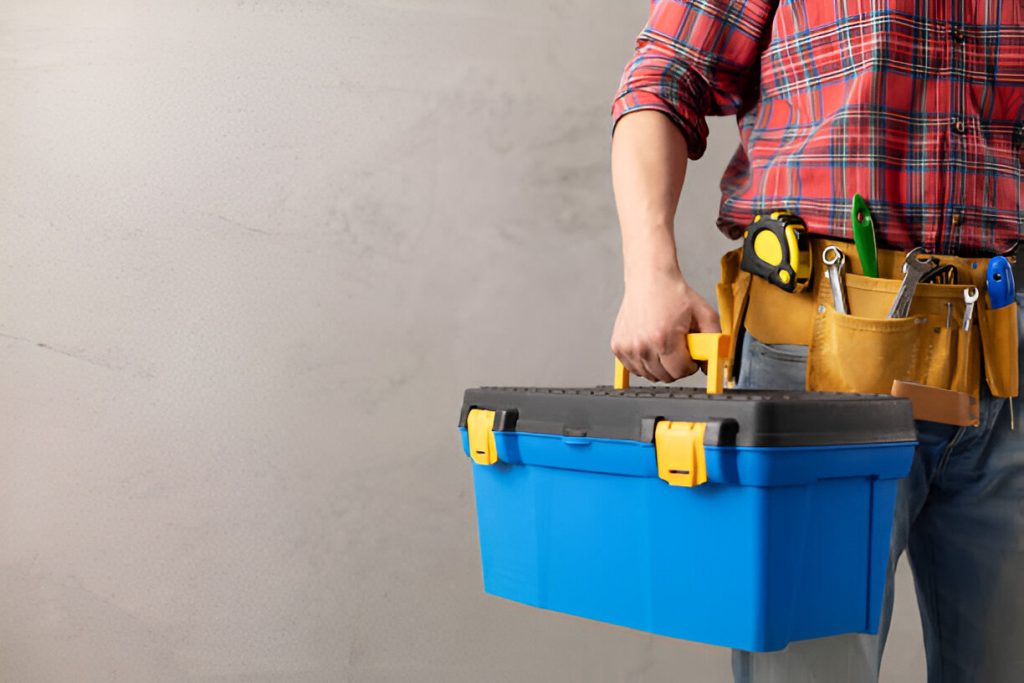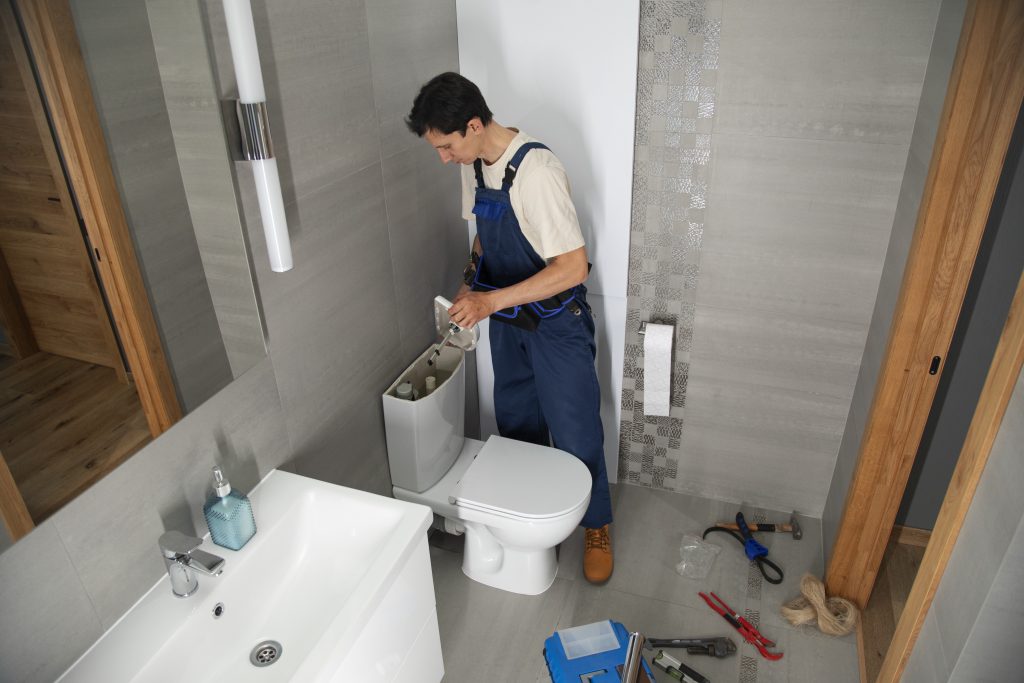Are you ready to transform your small bathroom into a stylish oasis, but find yourself wondering about the cost? Well, fear not, because in this discussion, we will unravel the mystery surrounding the price tag of bathroom retiling. Whether you’re looking to update your outdated tiles or fix those pesky cracks, understanding the factors that affect the cost is essential. But that’s not all – we’ll also delve into the average costs associated with retiling the shower area and bathroom floor, as well as the impact of different tile types. So, if you’re curious about how much it will cost to retile your small bathroom, keep reading to uncover all the details.
Factors Affecting Cost of Retiling
The cost of retiling a bathroom is influenced by several factors that determine the overall expenses involved. When considering the cost factors, labor costs play a significant role. Hiring a professional for tile installation will incur labor costs ranging from $3 to $15 per square foot. On the other hand, opting for a DIY approach can save on labor costs, but it requires purchasing tools like a wet tile saw and precision in installation.
Another important factor to consider is the type of tile chosen. Tile options such as ceramic or glass can affect the cost. Inexpensive tile options like travertine cost around $3 to $5 per square foot, while hand-painted ceramic or natural stone can cost up to $15 per square foot. The complexity of the project, such as mosaic designs, can also increase labor costs.
Budget planning is crucial when it comes to retiling a bathroom. Set a budget before choosing tiles and consider the cost factors such as materials and labor. Stick to the budget to avoid overspending. Research and compare prices for tiles and services to ensure you are getting the best deal.
Cost Breakdown by Bathroom Size
To determine the cost breakdown of retiling a bathroom based on its size, consider the following factors. The size of the bathroom plays a significant role in estimating the overall cost. For small bathrooms (around 40 square feet), the cost to retile is approximately $500. Medium-sized bathrooms (around 80 square feet) have an average cost of $1,000, while large bathrooms (around 150 square feet) can cost up to $1,875 to retile.
When planning your budget, tile selection is another important aspect to consider. The type of tile chosen, such as ceramic or glass, will affect the cost. Inexpensive options like travertine can cost around $3 to $5 per square foot, while hand-painted ceramic or natural stone can cost up to $15 per square foot. Additionally, labor costs vary depending on the type of tile, ranging from $3.15 to $30 per square foot for ceramic and $35 to $47 per square foot for glass.
Furthermore, you must decide whether to hire a professional or tackle the project yourself. Hiring a professional contractor for retiling can cost between $3 and $15 per square foot, while DIY retiling can save on labor costs but requires purchasing tools like a wet tile saw. Proper budget planning and considering all these factors will help you make an informed decision and avoid overspending.
Cost to Retile Shower and Bathroom Floor
When it comes to retiling your bathroom, one crucial aspect to consider is the cost of retiling the shower and bathroom floor. The cost to retile a shower and bathroom floor can vary depending on several factors. The average labor costs for tile installation range from $3 to $15 per square foot. The cost factors include the type of tile chosen, such as ceramic or glass, and the complexity of the project, such as mosaic designs.
If you choose to hire a professional, the cost to retile a shower area can range from $8 to $25 per square foot, while installing ceramic floor tiles costs $5 to $17 per square foot. On average, the cost to retile an 80-square-foot bathroom floor is $880, and the cost to retile a 35-square-foot shower is $577.50. Therefore, the total cost for both the bathroom floor and shower would be $1,457.50.
If you decide to take on the project yourself, you can save on labor costs. However, it’s important to keep in mind that DIY tiling requires purchasing tools like a wet tile saw and precision in installation. It’s also essential to follow tile installation tips to ensure a successful and long-lasting result.
Cost by Type of Tiles
Considering the cost of tiling your bathroom, it’s important to take into account the type of tiles you choose. Here are some key factors to consider when it comes to the cost of different tile materials:
- Tile material options: You have a wide range of options when it comes to tile materials. Common choices include ceramic and glass tiles. Ceramic tiles are more affordable, with prices ranging from $3.15 to $30 per square foot. On the other hand, glass tiles are more expensive, costing between $35 and $47 per square foot.
- Comparing ceramic and glass tiles: Ceramic tiles are known for their durability and versatility. They are available in various colors, patterns, and textures. Glass tiles, on the other hand, are known for their unique and luxurious appearance. They can add a touch of elegance to your bathroom but come at a higher cost.
- Cost-saving tips for tile installation: If you’re looking to save money on tile installation, consider DIY tiling. This can help you avoid labor costs, but keep in mind that it requires precision and the right tools. Additionally, opting for standard-sized tiles and choosing budget-friendly materials can help lower costs.
- Impact of tile design and complexity on cost: The design and complexity of your tile project can also affect the overall cost. Intricate mosaic designs or using natural stone tiles can increase labor costs. Keep this in mind when planning your bathroom renovation.
Additional Cost Considerations
Now let’s explore some additional factors that can impact the cost of tiling your bathroom. When considering the cost of bathroom tiling, there are a few important cost-saving tips to keep in mind. First, you need to decide whether you want to tackle the project as a DIY or hire a professional. While DIY can save on labor costs, it requires purchasing tools like a wet tile saw and precision in installation. On the other hand, hiring a professional contractor can ensure a high-quality and efficient job but comes with additional labor costs.
Another factor to consider is material selection. The type of tile you choose, such as ceramic, glass, or natural stone, can significantly impact the overall cost. Inexpensive options like travertine can cost as low as $3 to $5 per square foot, while hand-painted ceramic tiles or natural stone can cost around $15 per square foot. Additionally, labor costs for different tile types can vary, with ceramic ranging from $3.15 to $30 per square foot and glass tile installation costing between $35 and $47 per square foot.
Budget planning is also crucial when it comes to tiling a bathroom. Setting a budget before choosing tiles and sticking to it can help you avoid overspending. Researching and comparing prices for both materials and services can also help you make informed decisions and find the best deals.
Reasons for Tiling a Bathroom
There are several compelling reasons to consider tiling your bathroom. Tiling offers numerous advantages and benefits that can greatly enhance your bathroom aesthetics and provide a long-term investment. Here are four reasons why tiling your bathroom is important:
- Update bathroom design: Tiling allows you to update the design of your bathroom and give it a fresh, modern look. With a wide range of tile options available, you can choose from different colors, patterns, and textures to create a unique and personalized space.
- Replace cracked tiles: Over time, bathroom tiles can become cracked or damaged. Tiling your bathroom provides an opportunity to replace these damaged tiles, ensuring a smooth and uniform appearance.
- Improve overall appearance: Tiling your bathroom can significantly improve its overall appearance. Whether you choose sleek and contemporary tiles or opt for a more traditional and rustic look, the right tiles can transform your bathroom into a stylish and inviting space.
- Enhance durability and longevity: Bathroom tiles are known for their durability and resistance to moisture, making them an ideal choice for a high-moisture environment. Tiling your bathroom ensures that your walls and floors are protected from water damage and wear and tear, ultimately increasing the longevity of your bathroom.






